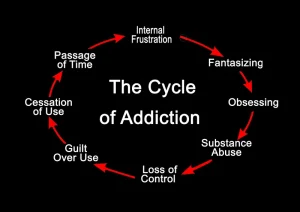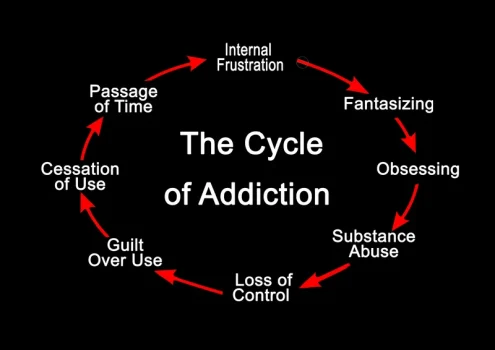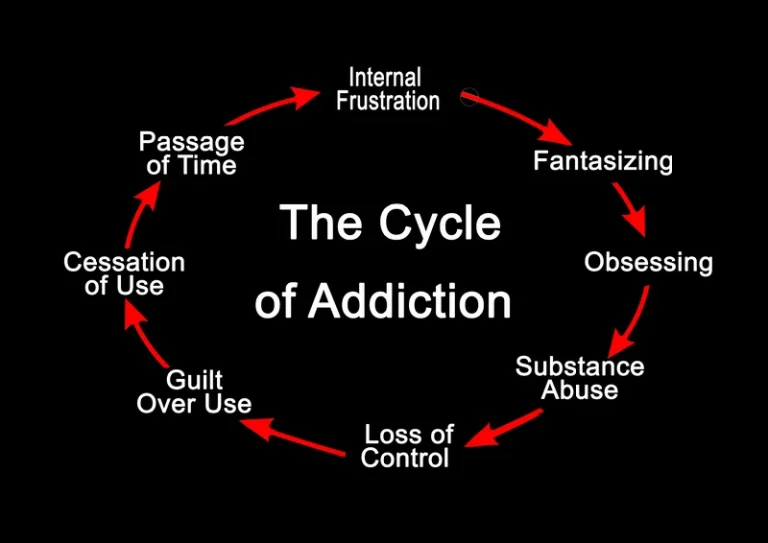
Alcohol damages the brain in a variety of ways over both the short- and long-term. Participants of the Whitehall II study were not involved in setting the research question or the outcome measures, nor were they involved in developing plans for recruitment, design, or implementation of the study. However, all results are disseminated to study participants through newsletters and our website, which has a participant portal, /whitehallII/participants/.
Wernicke-Korsakoff Syndrome
The authors theorize that the lack of effect might be because the association is more pronounced in younger populations; they call for further investigation. Alongside genetic data and details about alcohol use, the scientists also collated information about blood pressure, body weight, height, history of heart disease, and smoking status. They also asked questions to estimate how regularly each participant was involved in social interactions. According to the authors, at the start of the study, each participant went link between alcohol and dementia through “a comprehensive neuropsychological battery of 10 tests.” These assessed a range of cognitive functions, and participants completed the tests every 6 months. For example, drinking 7 glasses of beer on 1 day each week is likely to have a different impact than drinking 1 glass of beer each night, every day of the week; although the quantity consumed is the same.
- A vitamin B1 deficiency resulting from excessive alcohol consumption may also cause Wernicke-Korsakoff syndrome, rather than the disorder being a direct result of alcohol misuse.
- Note that alcohol-related dementia is sometimes confused with Wernicke-Korsakoff syndrome.
- A small number of studies seem to suggest that drinking moderate amounts of alcohol reduces dementia risk compared to not drinking at all.
- But in some cases, your care team may prescribe medication like rivastigmine or memantine, which are typically used for managing Alzheimer’s disease symptoms.
Signs and Symptoms of Alcohol-Related Dementia

A 2019 review found a significant association between reducing a person’s alcohol consumption with a lower risk of cognitive impairments and dementia. A 2020 study showed that moderate alcohol intake could lower a person’s risk of developing Alzheimer’s disease. This article discusses the link between moderate and excessive alcohol consumption and AD and the risks of other conditions.
Alcohol consumption and risk of dementia: 23 year follow-up of Whitehall II cohort study
Alcohol-related dementia is a type of brain disorder where a person develops issues with thinking or processing and memory. If you suspect you have this condition, reach out to a healthcare professional as soon as possible to discuss treatment options. The sooner you treat alcohol-related dementia, the better your chances of recovery. But in some cases, your care team may prescribe medication like rivastigmine or memantine, which are typically used for managing Alzheimer’s disease symptoms.


At the beginning of the study, participants provided information about the amount of alcohol they consumed, how often they drank, and what types of drinks they consumed — beer, wine, or liquor. Regularly drinking too much alcohol, especially over a long period of time is toxic to brain cells and causes them to die. Over time, continued brain cell death leads to the structure of our brains shrinking. While they do naturally shrink as we get older, the brains of people who drink heavily for long periods shrink at a much faster rate. However, a person will likely need to take thiamine supplements and stop or significantly cut back on alcohol consumption for the best results. When a medical professional suspects alcohol dementia, some experts recommend the use of prophylactic thiamine administration.
What is Alcoholic Dementia?
IVW MR estimates after outlier removal for the causal associations ofalcohol consumption, alcohol dependence and AUDIT scores with Alzheimer’sdisease, Alzheimer’s age of onset andγ-glutamyltransferase. MR found robust evidence of a causal association between alcoholconsumption and an earlier AAOS, but not alcohol intake and LOAD risk. Theprotective effect of alcohol dependence is potentially due to survivorbias. An increasing number of cohort studies from different countries continue to be published. The results are heterogeneous concerning light to moderate consumption, while there is a consensus regarding high consumption and elevated dementia risk (see Table 2). A small number of studies seem to suggest that drinking moderate amounts of alcohol reduces dementia risk compared to not drinking at all.
In addition, there are well-established sex and gender differences in dementia risk factors which could be impacted by alcohol use (e.g., hypertension, increased blood sugar) 18, 47. We therefore encourage future researchers to perform sex-specific analyses when examining the dementia risk relative to alcohol use. Various systematic reviews and meta-analyses have been published so far suggesting a link between high levels of alcohol use and dementia (e.g., 3,4,5). In a recent systematic review of 28 systematic reviews 3, high levels of alcohol use were found to be a risk factor for dementia as well as for structural and functional changes in the brain. Several pathways were suggested to contribute https://ecosoberhouse.com/ to elevated risk levels, including the neurotoxicity of the ethanol metabolite acetaldehyde, the detrimental effect of alcohol on cardiovascular disease and consequently vascular forms of dementia, thiamine deficiency, and alcohol-related brain injuries. There is also some evidence that moderate levels of alcohol use might be protective for dementia development, however, plausible biological explanations for such a link, except for a potential beneficial effect of ischemic disease 6, are lacking (see also 5).
Associations between dimensions of alcohol use and specific brain functions

Research suggests it’s possible to experience partial recovery of your brain’s white matter, which is accompanied by an improvement in cognitive and motor abilities. If you’ve been drinking alcohol for a long time, you might experience alcohol withdrawal symptoms, including disorientation, agitation, and mood changes. But your care team can prescribe medications to help with withdrawal symptoms. The first part of treatment for alcohol-related dementia aims to help you stop drinking alcohol.
Experts noted that France, well known for wine consumption, has an average 0.4% rate of alcohol-related dementia. This article reviews what alcohol-related dementia is, its possible causes, symptoms, treatment, and more. One aspect that we were not able to account for in the assessment of alcohol-attributable dementia cases is the possibly mediating role of APOE4. Despite these limitations, we believe that the presented results are robust estimates for the contribution of alcohol to early onset of all-cause dementia. Options may include inpatient or outpatient detoxification from alcohol, and sometimes, medication is necessary to help a person stop drinking. Therapy for alcoholic dementia can include management of AUD, nutritional supplementation to compensate for nutrient deficiencies, and exercises to help improve cognition (thinking abilities) and motor skills.
- Mendelian randomization studies might aid in assessing causality 79, 80 but, to date, the findings from such studies do not indicate a causal impact of alcohol on AD 81 or cognitive functioning/impairment 82, 83.
- The results from this study should be interpreted in conjunction with somelimitations.
- All statistical analyses were conducted using R version 3.5.2 29, with the MR analysis performed usingthe ‘TwoSampleMR’ package 19.
- A doctor may consider other causes of the symptoms if the person does not show any signs of improvement.
- This research should concentrate on early-onset dementia and distinguish between different types of dementia and between different forms of high-risk drinking including AUD.
- However, learning and short-term memory impairments may be more difficult to reverse even with abstinence.
Treatment Options for Alcohol Misuse & Addiction
- The findings from seven research reports revealed a fragmented picture, likely in part due to known methodological issues (see 3 and limitations below).
- Some improvement has been seen in just one month of abstinence, with mild improvements after six months.
- Lewy body dementia is another progressive type of dementia that causes an accumulation of proteins called Lewy bodies in various brain areas.
ARD is a type of cognitive impairment that occurs as a result of heavy alcohol consumption over a long period. In the long-term, chronic alcohol use increases the risk of permanent brain damage. There is currently a debate among scientists about the extent to which alcohol by itself damages the brain, as opposed to the damage from thiamine deficiency.